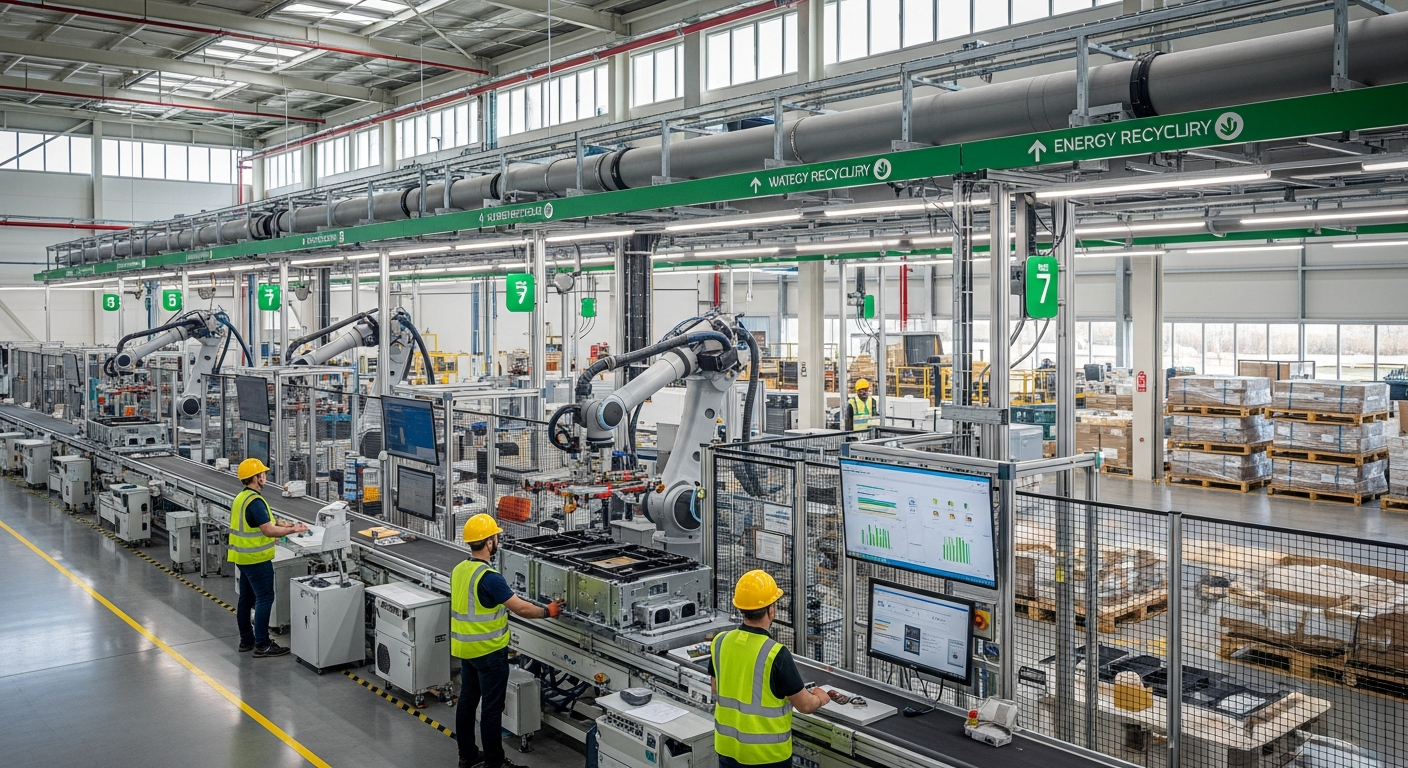Navigating the Legal Maze of Smart City Regulations
Introduction: As urban centers evolve into smart cities, a complex web of legal challenges emerges. This article delves into the intricate regulatory landscape governing smart city technologies, exploring the delicate balance between innovation and citizen rights in an increasingly connected urban environment.

Data Governance in the Connected Metropolis
At the heart of smart city operations lies data - vast amounts of information collected from citizens, infrastructure, and services. This data goldmine presents significant legal challenges, particularly in terms of ownership, usage, and protection. Many jurisdictions are now developing specific regulations for smart city data governance. These laws often focus on ensuring transparency in data collection, limiting data retention periods, and mandating strict security measures. For instance, the European Union’s General Data Protection Regulation (GDPR) has become a benchmark for data protection in smart cities, influencing similar legislation globally.
Regulatory Frameworks for IoT and AI in Urban Settings
The Internet of Things (IoT) and Artificial Intelligence (AI) form the backbone of smart city technologies. However, their implementation raises complex legal questions. Regulatory bodies are now crafting frameworks to govern the deployment of IoT devices in public spaces, addressing issues such as privacy, security, and liability. AI algorithms used in city management are coming under scrutiny, with laws being developed to ensure fairness, transparency, and accountability in automated decision-making processes that affect citizens’ lives.
Legal Challenges in Smart Infrastructure Development
The development of smart infrastructure - from intelligent traffic systems to smart grids - presents its own set of legal hurdles. Zoning laws and building codes are being revised to accommodate new technologies, while environmental regulations are evolving to address the ecological impact of smart city initiatives. Additionally, public-private partnerships, often crucial in smart city projects, are subject to intricate legal frameworks to ensure public interest is protected while fostering innovation.
Citizen Rights and Digital Inclusion in Smart Cities
As cities become smarter, there’s a growing concern about digital rights and inclusion. Legal frameworks are being developed to ensure equal access to smart city services, prevent digital discrimination, and protect citizens’ right to opt out of certain data collection practices. Some jurisdictions are introducing ‘digital rights charters’ that outline the fundamental rights of citizens in a smart city context, including the right to privacy, data access, and digital participation.
The Future of Smart City Legislation
The legal landscape of smart cities is rapidly evolving, with new challenges emerging as technologies advance. Future legislation is likely to focus on areas such as autonomous vehicle regulation, drone usage in urban areas, and the integration of blockchain for secure urban transactions. As smart cities continue to develop, the legal framework will need to balance technological progress with societal values, ensuring that the cities of tomorrow are not just smart, but also fair, inclusive, and respectful of individual rights.
In conclusion, the legal aspect of smart cities represents a fascinating intersection of technology, urban planning, and jurisprudence. As urban centers worldwide embrace smart technologies, the legal community faces the challenge of crafting regulations that foster innovation while protecting citizen rights. The evolving legal framework of smart cities will play a crucial role in shaping the urban landscapes of the future, ensuring that technological advancements serve the greater good of society.






